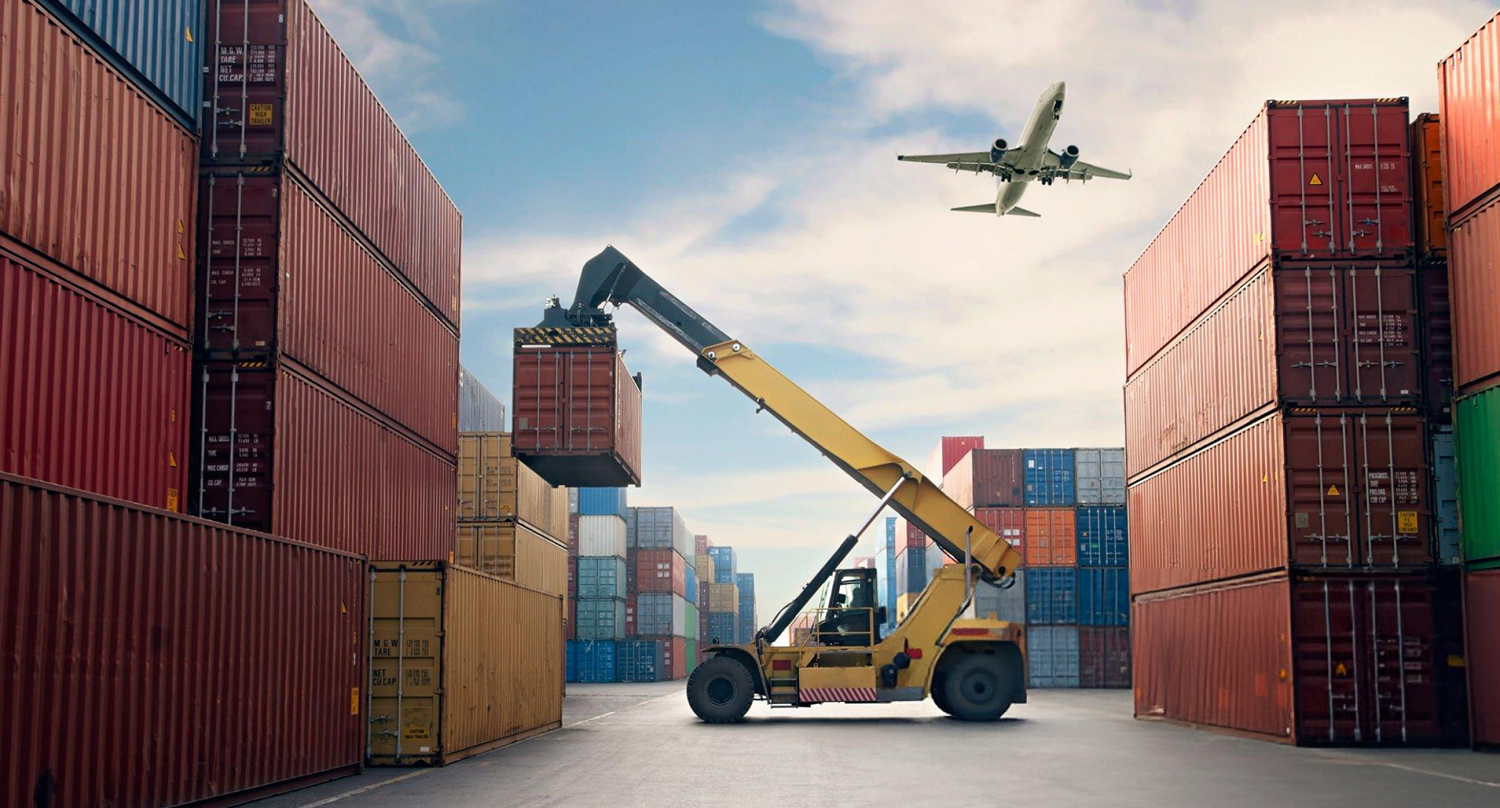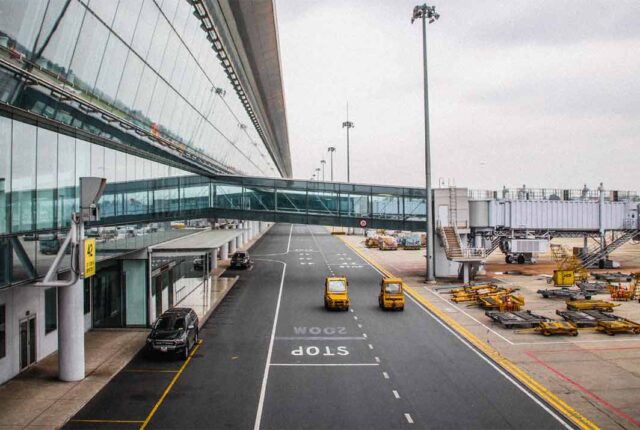
When to Choose Air Freight: Best Uses, Benefits, and Considerations
In the fast-paced world of global trade, choosing the right mode of transportation is critical for businesses. Among the options, air freight stands out for its speed and reliability. But when exactly should you choose air freight over other shipping methods like sea or road transport? This guide explores the best use cases, key benefits, and essential factors to consider before opting for air freight.
When is Air Freight the Right Choice?
Air freight is ideal when time is of the essence. If your cargo needs to reach its destination urgently, air transport provides the fastest solution. It is commonly used for:
- Time-sensitive shipments (e.g., medical supplies, urgent documents)
- High-value items (e.g., electronics, jewelry)
- Perishable goods (e.g., flowers, pharmaceuticals, specialty foods)
- Small-to-medium volume cargo that needs rapid delivery
Industries like technology, healthcare, fashion, and automotive frequently rely on air freight to meet tight deadlines, minimize inventory holding costs, or support just-in-time (JIT) manufacturing processes.
Key Benefits of Air Freight
- Speed
Air freight drastically reduces transit time. International deliveries that might take weeks by sea can be completed in a few days—or even hours—by air. - Reliability
Airlines typically offer frequent, scheduled flights. With fewer delays compared to sea or road transport, air freight is highly reliable, especially on established global routes. - Security
Airports have strict cargo handling and security protocols. This reduces the risk of theft, damage, or loss, making air freight a preferred choice for high-value goods. - Global Reach
Air freight connects even remote or landlocked destinations quickly through international airport hubs, giving businesses access to global markets with ease. - Reduced Warehousing Needs
Because of the speed of delivery, companies can reduce inventory levels and warehousing costs by using air freight for just-in-time delivery models.
Important Considerations Before Choosing Air Freight
- Cost
Air freight is significantly more expensive than sea or road transport. Pricing is based on chargeable weight (whichever is higher between actual and volumetric weight), which means lightweight but bulky items can become costly to ship. - Cargo Restrictions
There are limitations on hazardous materials, oversized items, and certain perishable goods. Always check regulations before planning a shipment. - Environmental Impact
Air freight has a higher carbon footprint compared to other shipping methods. If sustainability is a priority, you may want to balance air transport with greener alternatives. - Packaging Requirements
Air cargo must be securely and compactly packed to withstand pressure and movement during the flight. This may require additional preparation or custom packaging.
Conclusion
Air freight offers unmatched speed and reliability, making it the best choice for urgent, high-value, or perishable shipments. However, it comes with higher costs and specific requirements. By evaluating your shipment’s size, value, urgency, and destination, you can determine whether air freight aligns with your business needs. When used strategically, air freight can be a powerful tool in a competitive global supply chain.
Author
managerRelated posts
Expensive Buildings Projects
Lorem ipsum dolor sit amet, consectetur adipiscing elit. In augue ligula, feugia
Simplified Building
Lorem ipsum dolor sit amet, consectetur adipiscing elit. In augue ligula, feugia
Building For Society
Lorem ipsum dolor sit amet, consectetur adipiscing elit. In augue ligula, feugia




Leave a Reply